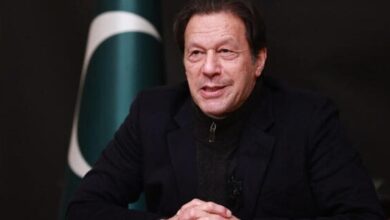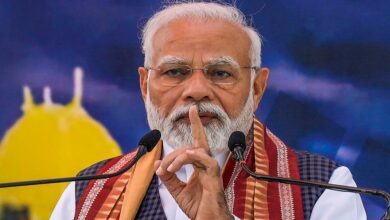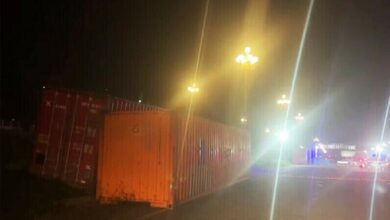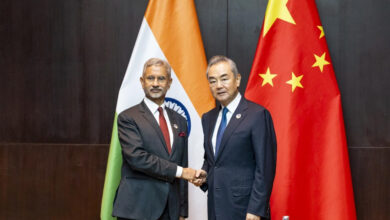10 years of CPEC: Chinese vice premier to reach Pakistan tomorrow
The visit has been scheduled after Islamabad extended an invitation to the Chinese government representative, the Foreign Office said on Saturday.

Islamabad: He Lifeng, Vice Premier of China and Member of the Politburo of the Central Committee of the Communist Party, will visit Pakistan from July 30 July to August 1, 2023.
The visit has been scheduled after Islamabad extended an invitation to the Chinese government representative, the Foreign Office said on Saturday.
During the visit, according to the FO, Vice Premier He — who is also a Special Envoy of President Xi Jinping — will attend the 10th-anniversary celebrations of the China–Pakistan Economic Corridor (CPEC) and call on the president and the prime minister.
The Chinese official will also be the chief guest at an event celebrating a decade of CPEC. Lifeng has played a prominent role in China’s international economic relations and implementation of the Belt and Road Initiative, of which CPEC is a flagship project, the FO said.
As the chairman of the National Development and Reform Commission (2017-23), he was instrumental in the planning and execution of multiple CPEC projects in Pakistan, as per the FO.
The visit is part of regular high-level exchanges and dialogue between Pakistan and China, which reflects the importance attached by Pakistan and China to further deepen their “All-Weather Strategic Cooperative Partnership”; reaffirm support on issues of each other’s core interests; enhance economic and financial cooperation; advance high-quality development of CPEC; and explore new avenues for strengthening trade and investment ties between the two countries.
‘CPEC, story of hard work’: PM Shehbaz
Earlier this month, PM Shehbaz lauded the CPEC project for playing a key role in transforming the development landscape of Pakistan with the launch of several multi-billion dollar projects.
Addressing a ceremony to mark a decade of the signing of CPEC, the premier acknowledged that the mega project helped Pakistan progress in the region and the world.
He added that the country ushered in a new era of development with the completion of hundreds of projects under the umbrella of CPEC, including coal-fired power plants, the Orange Line mass transit project, and road infrastructure.
“The CPEC is all about a story of hard work and untiring commitment between the leadership of Pakistan and China,” he said.
Terming CPEC a “very transparent” project, the prime minister said the Chinese government and companies made investments of $25.4 billion investment in various projects.
He commended President Xi for his unstinted support of the CPEC for the well-being of the people of Pakistan. Sharif expressed confidence that CPEC would make a big kickstart in various areas including agriculture, special economic zones, information technology, and exploration of mineral resources.
What is CPEC?
Initiated in 2013 by then prime minister Nawaz Sharif, the multi-billion-dollar CPEC project was conceived and designed as the flagship project of Chinese President Xi Jinping’s signature Belt and Road Initiative (BRI).
Aimed primarily at harnessing Pakistan’s important geo-strategic location into geo-economic gains through improved regional and economic integration, CPEC encompassed a full spectrum of projects ranging from physical and digital connectivity to power generation and promotion of industrialisation through special economic zones.
After extensive research and consultations and deliberations between representatives of the governments of China and Pakistan, a comprehensive portfolio of projects was identified for implementation under the early harvest phase (2018), short-term projects (2020), medium-term phase (2025), and long-term phase (2030).




